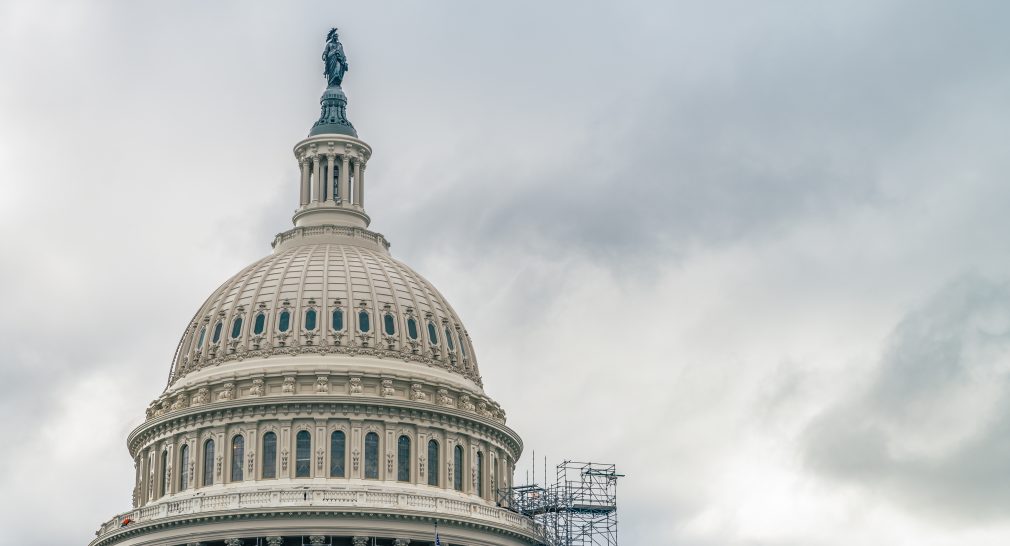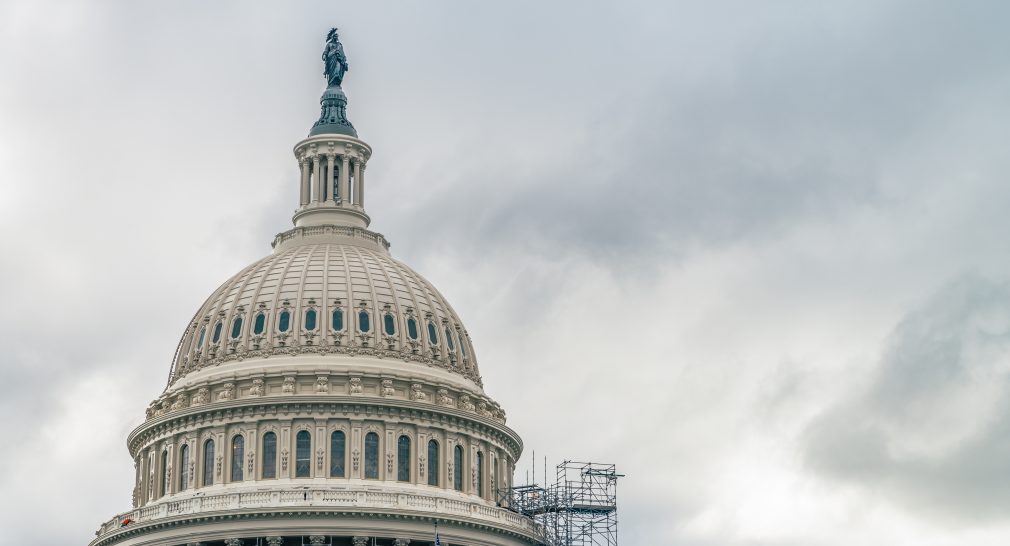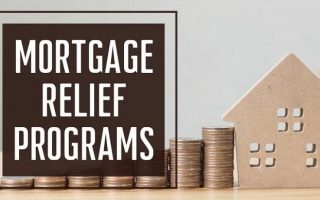Sen. Elizabeth Warren, D-Mass., entered Tuesday night’s discussion as the new frontrunner and she took warmth from other candidates appropriately. Simply because of the debate’s structure, which authorized candidates to reply when other individuals named them out, Warren acquired far more conversing time than any person else, and most media shops gave her credit history for profitable the evening.
But for several in the home loan market, Warren’s ascent is something but very good information. Not like the regular American, who has most likely in no way read of the Buyer Fiscal Safety Bureau, individuals in fiscal fields comprehend that what Warren sees as her crowning accomplishment could really cripple the housing market place and greater U.S. economic system.
When challenged towards the stop of the discussion on her capability to enact her several plan proposals, Warren pointed to the generation of the CFPB as evidence good she can get issues carried out. Sen. Joe Biden, D-Del., jumped in to attempt to just take some of the credit history, reminding the viewers that he assisted her get the votes for the Dodd-Frank Act that set up the bureau, but Warren refused to generate. In a reply that the group right away identified as complete-on shade, Warren expressly thanked previous President Obama, not Biden, for his assist in creating the CFPB a truth.
In reality, the credit history for the CFPB does belong to Warren. She was not only the main architect of its composition, but she was also relentless in looking at it arrive to move, serving as a really successful thorn in Obama’s facet during the approach.
But in pointing to this as her signature victory, think about what Warren is expressing: Her legacy, her most significant contribution to this region, is the generation of a authorities company to safeguard buyers from organizations. That speaks volumes about what she thinks of the American financial method, even with her announcement very last 12 months that she is without a doubt a capitalist.
At coronary heart, she sees company — particularly “big banks” — as the difficulty and authorities regulation as the remedy. In the aftermath of the fiscal disaster, several Us citizens agreed with her, but likely ahead, voters require to make a decision what the appropriate degree of regulation seems like. As I have prepared ahead of, discovering the Goldilocks equilibrium of regulation vs . progress is difficult, specially if we’re headed into some form of economic downturn.

Make no miscalculation, no one particular would like a repeat of the fiscal disaster. The home loan meltdown and the foreclosures epidemic have been darkish times for every single American, such as fiscal experts, some of whom nonetheless really feel the shock of it and its aftermath as a form of collective trauma. Even with the typical rotation of information tales touting the comeback of some kind of subprime which is likely to wreck the economic system, the hunger for something approaching that variety of threat is really reduced.
Even now, there will usually be men and women searching for to just take benefit of other individuals to their very own gain, and some degree of regulation is totally needed, specially when it arrives to client finance. But when you are a hammer, every little thing begins searching like a nail, and Warren’s sturdy inclination is towards regulation so oppressive it could set several creditors appropriate out of company and eventually damage the really buyers she would like to safeguard.
When I started out reporting on the home loan market in 2013, every single other tale appeared to worry regulation. Creditors have been scrambling to adhere to the Certified Home loan common and Capacity-to-Repay specifications, then grappled with the nightmare that was TRID — and individuals really do not even depend the disparate influence doctrine of the Equivalent Credit score Prospect Act or other rules. Home loan organizations put in untold time, funds and energy to alter procedures and processes, enhance top quality handle and show compliance.
Right now, every single other tale is most likely to be on a new engineering or software that is creating the home loan approach less complicated, quicker and much better for buyers. This automation was fueled in component by compliance specifications, which have been practically not possible to meet up with with a paper-based mostly approach. But the wave of electronic innovation is also a consequence of organizations liberating up bucks for one thing other than compliance, a point out of becoming that would be wholly at threat in a Warren presidency.
The Trump administration’s agenda of regulatory dismemberment stalled the federal regulatory energy but fueled the increase of intense point out initiatives. Now, rather of complying with consolidated Federal rules led and enforced by the CFPB, home loan organizations have to contend with 52 sets of diverse rules and even far more regulators. Which is one particular explanation the value to originate a home loan is sky-higher in contrast to historic averages, soaring to $eight,611 on regular in the fourth quarter of 2018.
Regrettably, individuals point out regulators are not likely to loosen their maintain even if a sturdy federal regulatory existence is restored. The potential for home loan compliance beneath any Democrat’s administration will be tighter than it is now, but a Warren presidency, which would see the CFPB arrive roaring again to lifestyle, offers an specially bleak photo.
Voters require to make a decision what degree of regulation serves as a affordable restraint vs . regulation that turns into a choke stage that eventually helps make it more difficult to obtain the American desire of homeownership.




